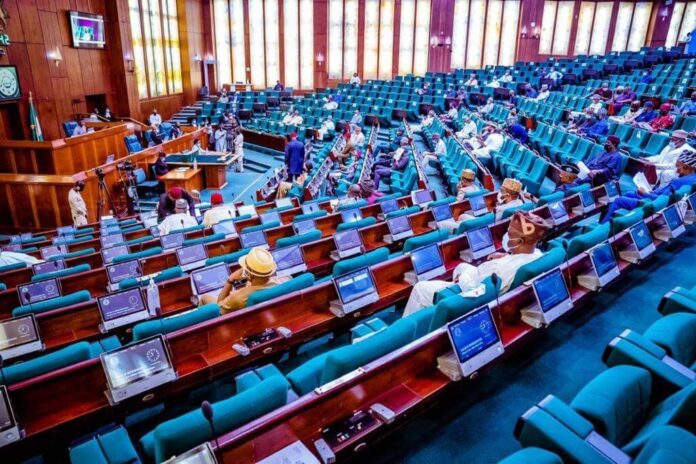The Nigerian House of Representatives has reversed its decision to move forward with a bill that would have removed immunity from the Vice President, Governors, and their Deputies, leaving only the president with the privilege.
The bill, which had passed its second reading on Wednesday, will now undergo further debate before any progress is made.
Titled: “A Bill for an Act to Alter the Constitution of the Federal Republic of Nigeria, 1999 to Qualify the Immunity Conferred on the President, Remove the Immunity Conferred on the Vice President, the Governors and their Deputies in Order to Curb Corruption, Eradicate Impunity and Enhance Accountability in Public Office,” the bill is sponsored by Solomon Bob (PDP, Rivers).
If passed, it would amend Section 308 of the Constitution, which currently protects these officials from legal action while in office.
Debate on Capital Offences Bill Also Halted
Another bill, which proposed reviewing penalties for certain capital offences, was also halted.
The proposed amendment, titled “A Bill for an Act to Alter the Constitution of the Federal Republic of Nigeria, Cap. C23 Laws of the Federation of Nigeria, 2004 to Review the Penalties for Certain Capital Offences in Alignment with Relevant International Best Practices,” was sponsored by Deputy Speaker Benjamin Okezie Kalu (APC, Abia North) and six others.
Deputy Speaker Kalu, who presided over the plenary, explained that the decision to withdraw both bills for further debate was necessary due to the sensitive nature of the issues involved.
“We need more discussions before proceeding,” Kalu said. “These are important matters that require extensive input from members.“
The bills had initially passed for a second reading and were referred to the House Committee on Constitutional Review. However, following concerns raised by lawmakers, they will now be reintroduced at a later date for further deliberation.
Proposed Changes and Public Reaction
The bill on immunity removal has caused heated debate among Nigerians, with some supporting it as a way to increase accountability, while others worry it could lead to political witch-hunts.
If passed, it would make the Vice President and Governors legally vulnerable and answerable for any alleged wrongdoing while still in office.
Similarly, the bill on reviewing penalties for capital offences aims to align Nigeria’s laws with international standards. However, the specifics of the proposed changes remain unclear.
Both bills will be reintroduced in the House after more discussions and consultations among lawmakers.
Like 👍, Comment, share this article, and Follow us on our social media handles.








